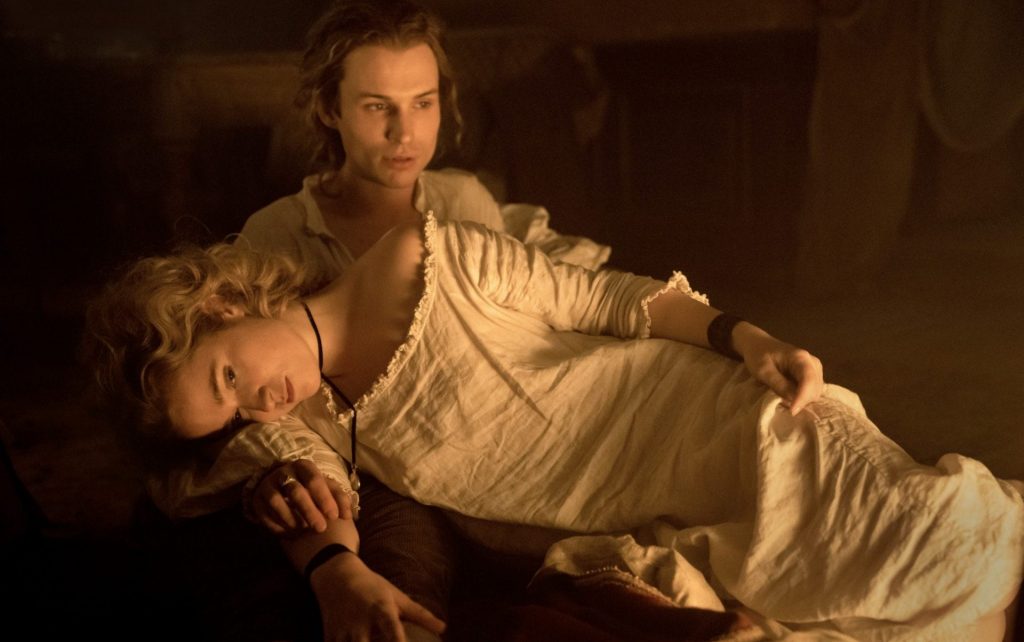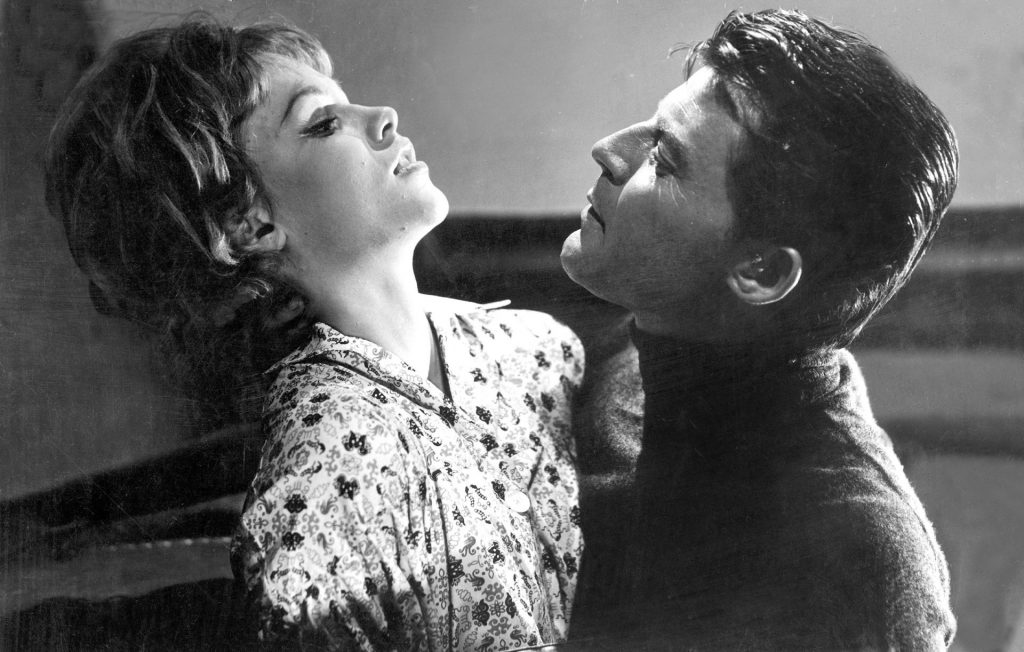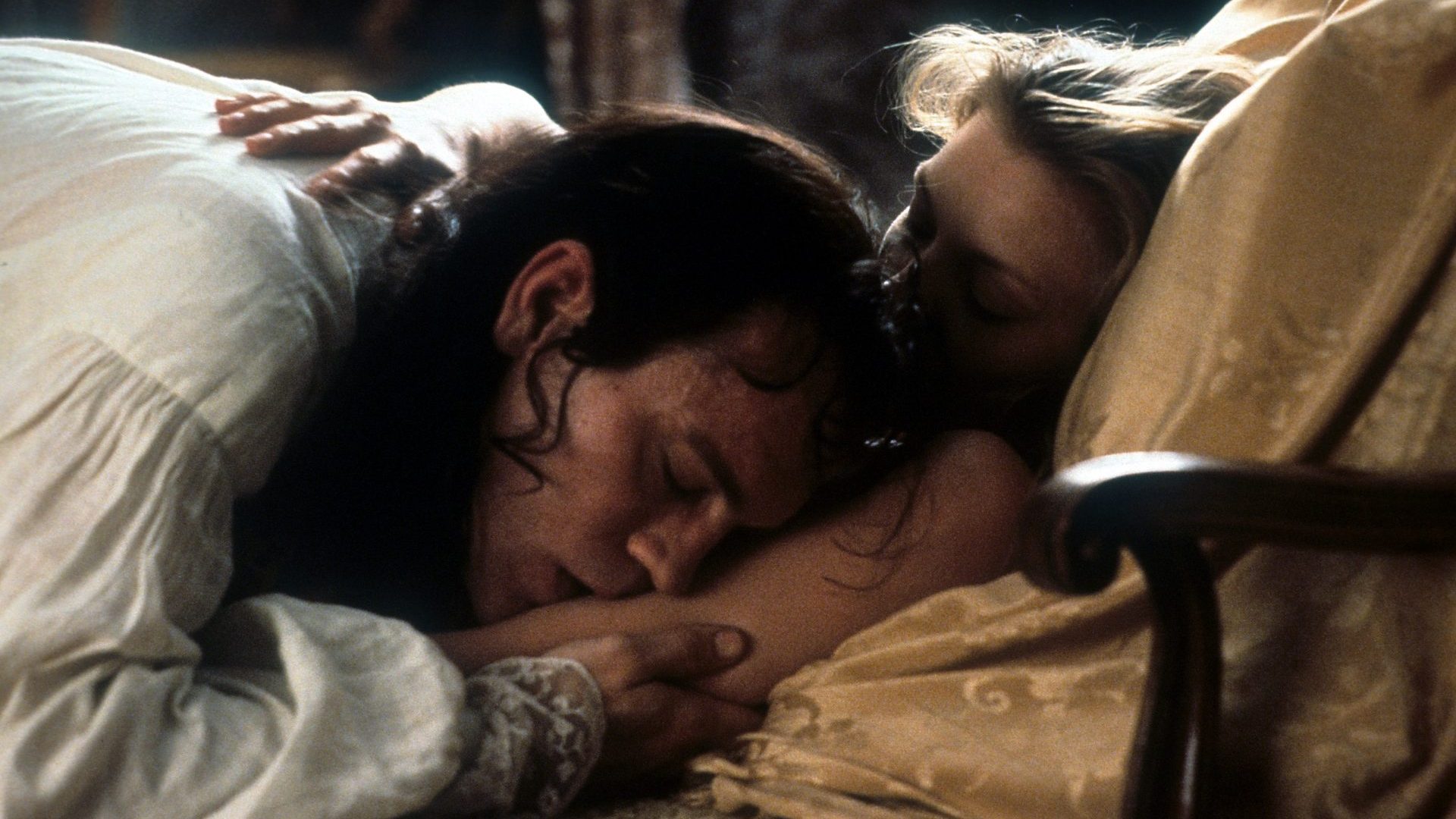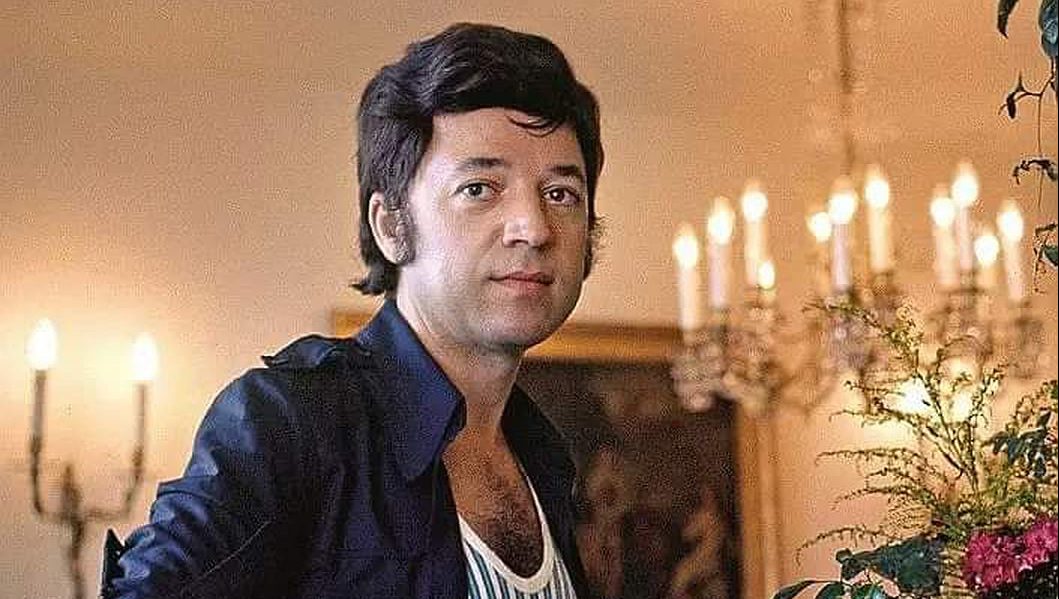In today’s world, stories are in short supply.
This was an idea posed by Derek Thompson at the close of last year, as The Atlantic writer depicted an America running on cultural fumes, with its big studios prioritising sequels and franchise extensions over original stories. Thompson thought twice about this a few weeks later – blaming instead the need to produce easy-to-grasp product with global appeal – but nonetheless, it appears directors and writers alike are reluctant to gamble on new tales when there are still angles of the classics left to explore.
2021 was dubbed the year of the remake. Steven Spielberg offered his take on Jerome Robbins and Robert Wise’s West Side Story (Shakespeare’s Romeo and Juliet through a 21st-century lens) and we saw Denis Villeneuve hailed for his version of Frank Herbert’s sci-fi cult classic novel Dune, which David Lynch had previously tackled in 1984. This year, Top Gun’s long-awaited sequel flew onto silver screens and Enola Holmes 2 came out on Netflix in order to, once again, further revamp the Sherlock canon. A new version of The Little Mermaid, set to air in May 2023, is already making waves by casting Halle Bailey as Ariel. Call it modernising or recycling, but plotlines we’d seen before were being dusted off and given a new lick of paint ready to be embraced by new generations.
All of which might explain why this year alone has seen not one but two new adaptions of the French novelist Pierre Choderlos de Laclos’s Les Liaisons dangereuses. But then, we have been making and remaking versions of it for years. For Dangerous Liaisons, it’s a familiar routine.
In 1782, when Choderlos de Laclos penned his epistolary novel of sex and treachery, a classic was born. In pre-revolutionary France, two devilish aristocrats have a diabolical problem – their boredom. Inspiration strikes and the Marquise de Merteuil constructs a game for her and her former lover Vicomte de Valmont’s benefit. She is aware that Cécile Volanges, a naive girl from a good family and fresh out of the convent, is set to marry Comte de Gercourt. The Marquise has a history with Cécile’s husband-to-be and asks Valmont to seduce the virginal bride, thus sabotaging the marriage and Gercourt’s dignity.
Valmont accepts but offers slightly different stakes for he has his eyes on another prey: Présidente de Tourvel. He sets his sights on bedding the chaste wife of a member of parliament and if he succeeds, complete with written proof from the Présidente herself, his prize is a similar evening with the Marquise. Mon dieu!
This unholy alliance turns seduction into a game, one that each of them must win at any cost. For the detestable duo, emotions and affections are their playthings and the people they belong to, their pawns. They dance with the morally ambiguous, flirt with the concept of harassment and are no strangers to scandal. It’s not only their contemporary victims who are powerless against their wickedness. For centuries, readers have been bewitched by the pair’s misadventures, says Professor Catriona Seth, Marshal Foch Professor of French Literature at the University of Oxford.
“Les Liaisons dangereuses is a masterpiece of subtlety and intelligence,” she tells me explaining how the author’s original characters continue to draw people in today. “We are bowled over by the wit and wisdom of a character like the Marquise. We realise too late how wicked she is. We hope her schemes will succeed as they are oh so clever but we have suspended our critical judgment when we suddenly realise that we too have been complicit in her dealings. “It’s very clever indeed”.
Choderlos de Laclos’s genius clearly endures, but is that the reason behind the novel’s popularity in contemporary societies? Yes, but it’s also the presence of “timeless issues,” explains Professor Seth. Themes like manipulation, gendered social behaviour and consent are as relevant today as they were in 18th-century France.
Cut-throat ways, steeped in drama and obsessed with sex… the Marquise and Valmont could easily double up as your average adolescent. In fact, in the first of the versions to be released this year, Netflix reimagined the characters as just that swapping pre-revolutionary Paris for a high school in sunny Biarritz. True to the original plot, Dangerous Liaisons (2022) sees book-smart and level-headed Célène (Paola Locatelli) fall for notorious bad boy Tristan (Simon Rérolle) unaware that it’s an infatuation manufactured by Vanessa, played by Ella Pellegrini, as part of a cruel bet to appease her boredom. Director Rachel Suissa may have modernised the characters for contemporary France but Choderlos de Laclos’s core themes are present once again.
Suissa wasn’t the first to adopt the plot with teenage casting. In 1999, Roger Kumble directed Cruel Intentions, based on Christopher Hampton’s London and New York stage hit Les Liaisons Dangereuses. Katherine (Sarah Michelle Gellar) and Sebastian (Ryan Phillippe) are step-siblings and New York’s adolescent answer to the Marquise and Valmont. The brattish pair attend a private high school and spend their summers in their swanky Upper East Side pad while their parents are nowhere to be found. It is in this humid season that their bet takes place.
There has been contemporary criticism over its content. The modern Valmont’s best friend, played by Joshua Jackson, is written as a token gay role and in an ironically hilarious outburst, the legendary Christine Baranski takes objection to her character being called a racist (“Oh, don’t give me any of that racist crap! My Husband and I gave money to Colin Powell!”). There’s also the minor fact that Sebastian tricks one of his naive targets into oral sex (“He took down my pants and he started writing the alphabet but he was writing it with his tongue”), but then the issue of consent has always been at home in the canon’s narrative.
Back in 2022, the plot is having its renaissance. Yet, when it comes to Harriet Warner’s take, currently streaming in the UK on Starz, it’s best to leave your copies of Les Liaisons dangereuses on your nightstand. Setting its scene in 1793 Paris, it is also entitled Dangerous Liaisons, but Warner has opted for a different approach and created the origin story for the two aristocrats we’ve come to know and love (and hate). Although at this point, neither of them actually are aristocrats.

Instead of following their debauchery, the eight-part series shows us how the duo met and become young lovers in Paris on the eve of the French Revolution. Played by Alice Englert, Camille (the marquise de Merteuil-to-be) is a lowly yet feisty courtesan controlled by the debt she owes her madam. Pascal, meanwhile, (the future Vicomte de Valmont) is a mapmaker with a devilish side hustle; seducing titled ladies in the hope of winning riches as a result. Both their antics throw caution to the wind, blind to the scent of the upcoming uprising it holds. While the French accents are questionable and it feels ever so slightly Shonda Rhimes and Bridgerton-esque, you find yourself rooting for a wronged Camille and her atrocious ascension up the social ladder. Who doesn’t love an underdog?
There’s something new about Warner’s version; an innate queerness to the script. Since the series’s airing, the showrunner has been vocal about the importance of this adaptation being intrinsically queer in today’s world, regardless of it taking place in pre-revolutionary France. “The show is the blowing apart of constraints and conforming to gender stereotypes. There’s a fluidity to our world and characters,” she told PRIDE magazine.
Yet new takes are nothing new when it comes to this old material. In 1959, on the eve of a social and sexual revolution, Roger Vadim attempted his own novel spin and produced Les Liaisons dangereuses 1960. Taking place in present-day France, hopping between Paris, Megève and Deauville, the duo take the form of Valmont and Juliette de Merteuil (Gérard Philipe and Jeanne Moreau), a married couple who assist each other with their extramarital affairs. “It really gets the central questions of the book and updates them,” Professor Seth tells me. In fact, this black-and-white jazz version is her favourite, a position earned partly because of the soundtrack Thelonious Monk created for Vadim. Incredibly, the piano great’s songs for the film were never released on their own, unexpectedly lost to the world. Until 2017, when they were published in celebration of the centennial of Monk’s birth.

Fast forward to the 1980s and we have what may still be the best-known version of the story, Stephen Frears’s iconic Dangerous Liaisons (1988).
Riding the coast-tails of Hampton’s stage version, it was both a reaction against its time – the decade of the AIDS crisis, and safe sex campaigns – and very much of its time, with casual sex and double-dealing that would have have been familiar to viewers of Dynasty and Dallas.
Once again, a cruel wager is proposed by the Marquise (Glen Close) which is met by the counter bet from Valmont (John Malkovich). The costumes are breathtaking (likely for the best, with Close’s corset fit to burst), the décor is delicious and the intrigue is just as abundant as the sex.
All this was bad news for Amadeus director Miloš Forman’s Valmont, filmed around the same time, but which had its release delayed when Orion Pictures decided audiences would not stand for two versions of the same story in one year – as if that would ever happen today!
Eventually emerging a year after Frears’ film, it stiffed at the box office, and while Dangerous Liaisons was such a cause celebre that it even (briefly) made Uma Thurman a star, Valmont’s leads Colin Firth and Annette Bening would have to wait a little longer for their time in the spotlight.
Because as well as the novel’s genius, it all comes down to business. Frears’s Dangerous Liaisons made a successful $34.7 million against a $16 million budget and secured seven nominations in awards season. In 1999, the cult classic Cruel Intentions made $75 million worldwide. Its box office success spawned a prequel in 2000 and a sequel in 2004, as well as a jukebox musical in 2015. After all, sex sells. Evidentially, so does deceit, scandal and shame.
In all its various forms, Dangerous Liaisons has fascinated, thrilled and appalled us for 340 years. For Professor Seth, its sustained relevance comes, partly, from its ability to appeal to achieve this to the masses. “Different aspects of the novel appeal to different groups of people at different times,” she explains. Some return to it for the “risky and immoral” aspect of the story.
Meanwhile, others are impressed by the depth of the characters and literature fans are drawn in by the style. But, it also poses a challenge. One writer may want to script a new version set outside the 18th century while another could be set on keeping within the original’s confines. For Professor Seth, these are the two parallel trends adaptations boil down to.
“Only time will tell,” she says, if the Marquise and Valmont will continue to live on. Their survival depends on the relevance of the debauchery they thrive on. Without it, they, like Monk’s melodies, could be left behind in the past. With it, their reign may long endure. The latter feels more likely as the modern world is no stranger to sex, deceit and corruption. Quite the scandale.




